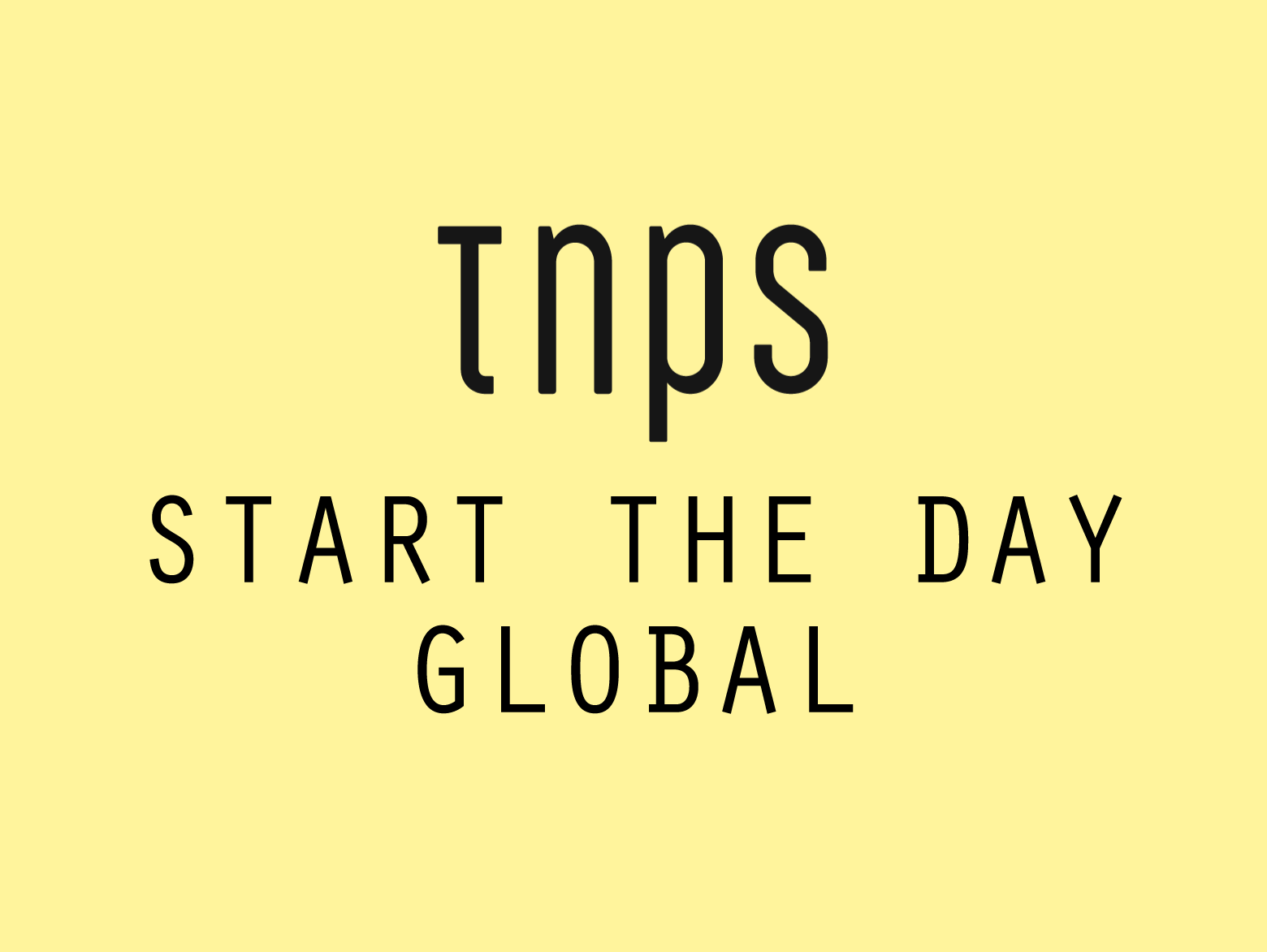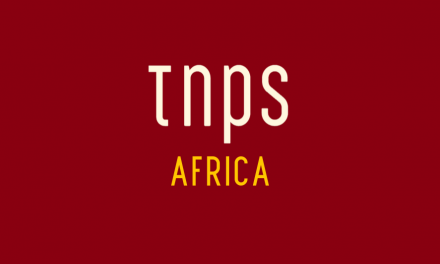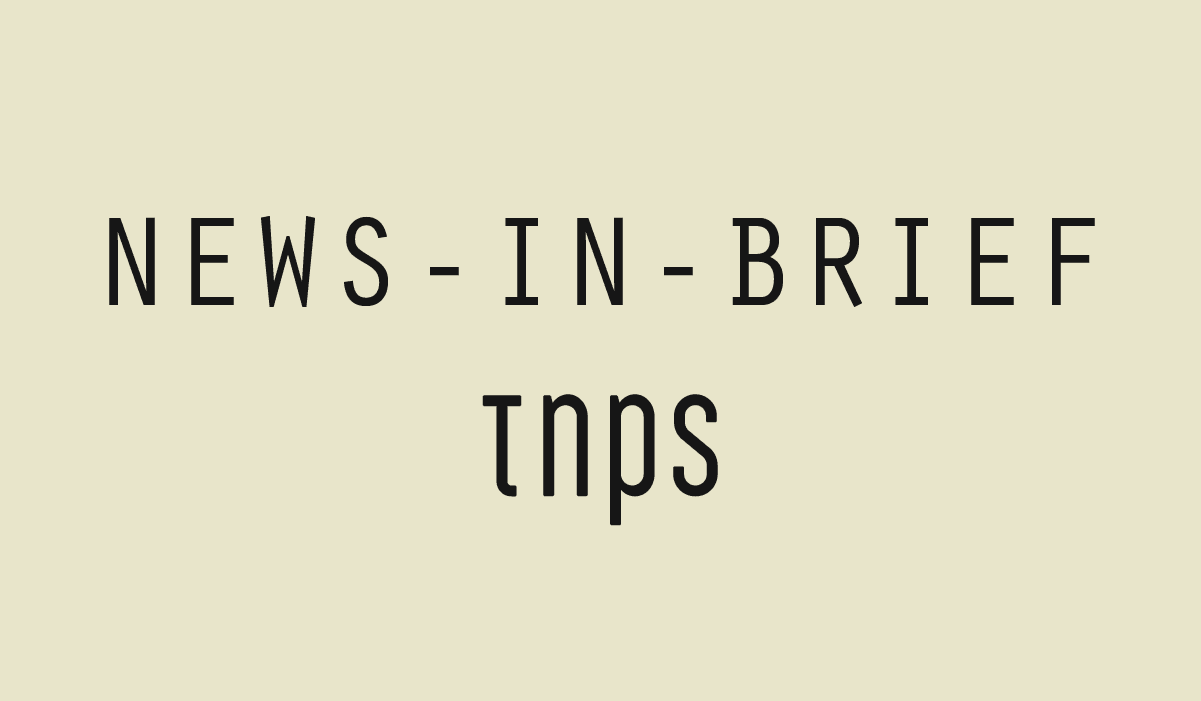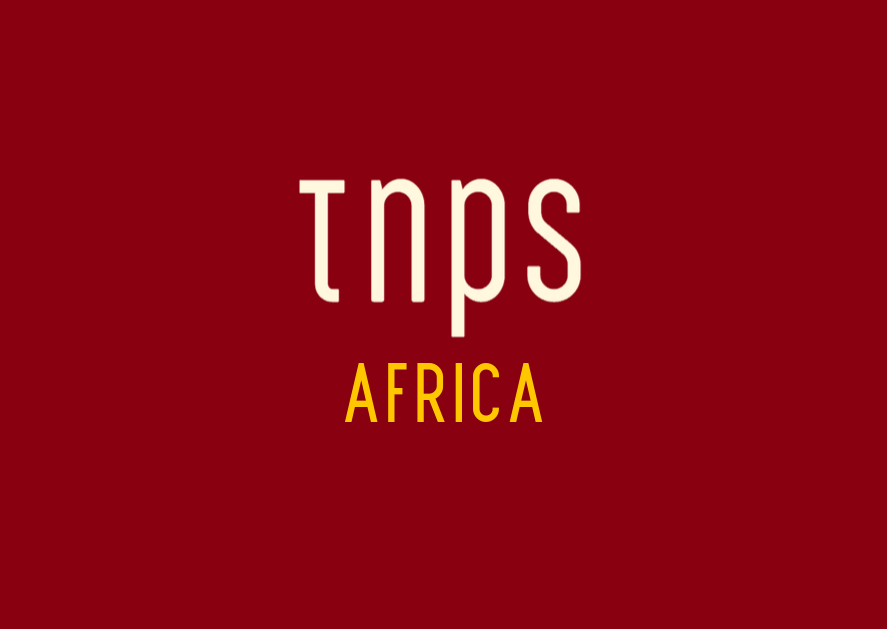For Nigerian publishers it’s the classic chicken and egg conundrum: Readers do not read digital books in sufficient numbers to make digital viable because there are not enough digital books available to entice readers in sufficient volume to make digital viable.
Given internet penetration is only at 73%, Nigerian publishers could be forgiven for not taking digital too seriously, but at the annual conference of the Nigerian Publishers Association (NPA) this month, John Asein, the Director-General of the Nigerian Copyright Commission had a clear message for publishers: embrace the digital advantage.
The NPA conference took as its theme “Redefining Publishing and Reading Culture in a Digital Era’’, with Asein arguing publishers could reach a wider audience by making their titles available digitally rather than just having printed books on shelves in stores waiting for customers to find them.
For western publishers in the mature book markets this is a given, and the differences stark. With a population of 211 million, Nigeria is potentially one of the largest and most dynamic book markets on the planet, yet publishers struggle to reach readers beyond the comfort zone of educational publishing where the economies of scale come into play.
For trade publishing, and for indigenous-language publishing, the margins on print publishing when trying to reach the market weigh heavily against publishers with limited budgets, even before the current supply-chain crisis which threatens to push publishing (paper, ink, distribution) costs and therefore consumer prices sky-high.
The paper crisis alone ought to have Nigerian publishers reassessing their relationship with digital, but there is another factor that really ought to be tipping the balance, but one not alluded to by Asein.
You see, in a country of 211 million people that 73% internet penetration equates to 154 million Nigerians online, making Nigeria the sixth largest country on the planet by internet users, just behind Brazil and Indonesia, with the USA, India and China topping the internet league table.
To put that into further context, Nigeria has almost twice as many people online as Germany (79 million) and more than twice as many people online as the UK (65 million), two of the largest book markets in the world. And – here’s food for thought – more than fifteen times as many internet users as Sweden, a country where digital book consumption is almost on par with print consumption.
So why has Nigerian been so slow to embrace the digital advantage?
First and foremost there is that regrettable grain of truth in the frequently-heard assertion that African’s don’t read.
Yes, many Africans do not read, and the economic and colonial legacy factors that contribute to illiteracy on the continent certainly cannot be dismissed.
But Nigeria has been independent now for over sixty years, and is hardly a poor country.
The fact that the education system is still focussed on passing exams and offers very little encouragement to students to read for pleasure is a far more significant culprit.
And alongside this we need to bring up the many publishing and culture industry spokesmen and women who vent against the internet and social media when looking for a scapegoat for falling book sales.
Take for example Dare Michael Oluwatuyi, who on becoming Nigeria’s Booksellers Association president managed to deftly juggle his forward-looking credentials with his Luddite tendencies.
Oluwatuyi, managing director of a bookstore chain so with a clear self-interest in holding back digital, spoke (2019 – still relevant because of the Covid-hiatus) of the need to:
Revive public libraries across Nigeria and encourage reading, especially among youth who are in dire need of 21st Century skills to compete in today’s knowledge-driven global economy that knows no geographical boundaries.
“in dire need of 21st century skills”? Hmmm. Could that by any chance involve IT, computers, mobile phones and that new-fangled internet thingummy?
Apparently not, because in the next breath Oluwatuyi rails against the:
Onslaught of social media.
Ah yes, that blasted internet again, distracting people from reading.
Just maybe – although I somehow doubt it – Oluawati has by now heard of BookTok, which as everyone else – even bricks & mortar bookstores owners – know, has been driving “youth” to buy ever more books, both digital and print.
Of course, for Nigerian publishers the big issue, once they embrace the notion that digital is not the enemy, is one of meaningful audience reach.
None of the western digital book platforms have a meaningful presence in Nigeria, while some – Amazon, Google, Apple, take a bow – have no presence whatsoever in Nigeria.
Meaning that while readers in the US or UK can buy a digital book on Amazon, Apple or Google Play from a Nigerian publisher, a Nigerian reader cannot.
Yes, there are domestic start-ups like Okada and Publiseer that are making a valiant effort at bridging the gap, but none of these have the reputation, financial muscle or catalogue of local and international content enough to attract would-be-readers to their platforms in game-changing numbers.
For Nigerian publishers it’s the classic chicken and egg conundrum.
Readers do not read digital books in sufficient numbers to make digital viable because there are not enough digital books available to entice readers in sufficient volume to make digital viable.
For us in the western markets, we take digital for granted, and worry instead about more important (for us) issues like big publishers artificially inflating ebook prices to dampen demand to keep print viable, or deliberately keeping content off unlimited subscription platforms to dampen demand for the model.
We have the luxury of having had one major retailer jump on the digital books wagon early and launching a viable ebook store on a scale that made digital publishing not just viable but lucrative.
Hats off to Jeff Bezos and Amazon for that remarkable moment in publishing history in 2007 that spawned the modern-day digital publishing industry.
And ponder that date a moment, because it was just fifteen years ago this month that the first Kindle store launched.
Fifteen short years. So lets not be too hasty in chiding emerging market publishers for not embracing digital sooner. We in the mature western markets have barely started ourselves, and it is really only in the past 10-12 years digital has taken off at scale.
What publishers in and beyond Nigeria need to do now is fixate on where the Nigerian publishing industry might be in 2030.
And also ask themselves how many Nigerians will be online in 2030, when it’s safe bet the number will be homing in on 180-200 million.
That’s a helluva lot of internet users with an ebook/audiobook friendly device in their hands to be ignoring.





